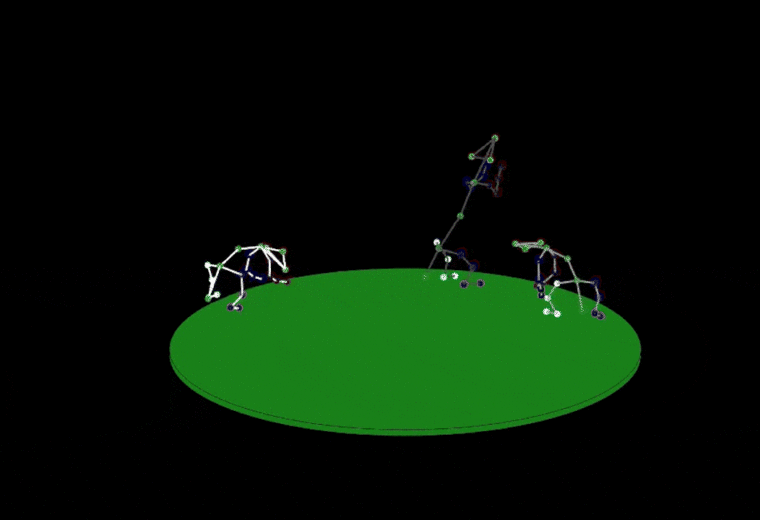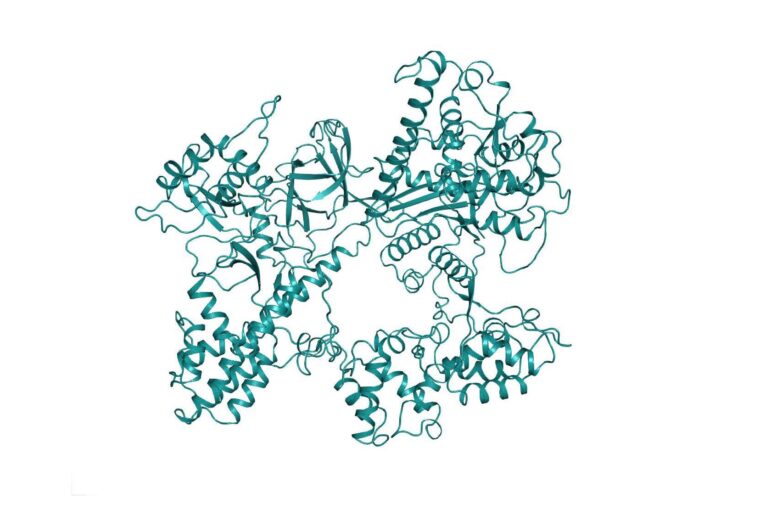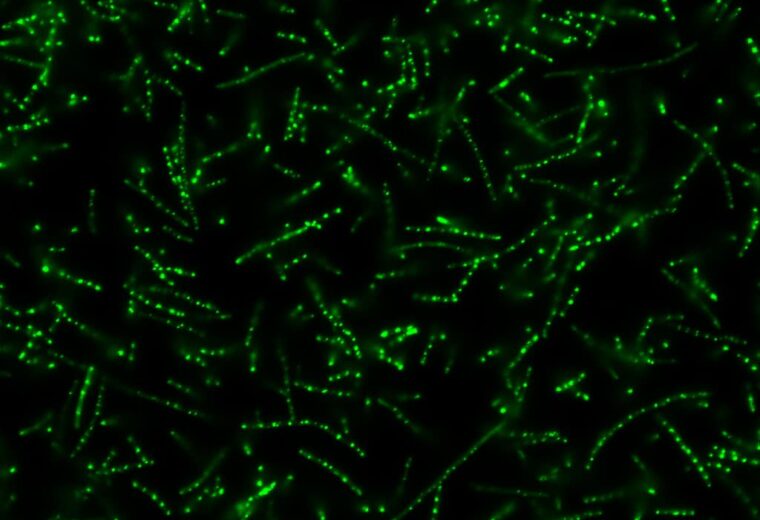
Using Neural Networks to Precisely Model Social Behavior
A new platform uses machine learning to identify and map social interactions, unlocking new ways to study behavioral disorders like autism

A new platform uses machine learning to identify and map social interactions, unlocking new ways to study behavioral disorders like autism

Amanda Randles pioneers computer models that non-invasively diagnose disease

By scouring thousands of bacterial genomes for new CRISPR-Cas systems, researchers have discovered some that could expand the technology’s impact in research, biotechnology and medicine

Learn how federal funding helped Duke Engineering graduate and professor revolutionize a device that has restored hearing for millions.

Researchers led by Lingchong You have developed a system to better regulate gene expression that could be applied to biosensors, toxin production and metabolic pathway regulation.

Researchers find a master epigenetic switch that activates silenced genes to compensate for their missing counterparts in a rare genetic disease called Prader-Willi syndrome

Synthetic biological compartments trap together cellular machinery to increase their rate of protein production

One small slit could make rapid and detailed imaging tools more accessible for labs and hospitals

Associated $250,000 prize will support Randles's work to build "digital twins" for the human vasculature to improve heart-related health outcomes

Cameron McIntyre’s research allows doctors to see a patient’s brain in three dimensions. Using this hologram, neurosurgeons can perform complex surgeries to alleviate the tremors associated with Parkinson’s disorder and epilepsy.

A new platform can design and match small peptides with complex, tangled proteins previously considered unreachable

Local and global collaborations help BME Design Fellows make a low-cost, affordable, and easy-to-use screening tool for hearing loss in children